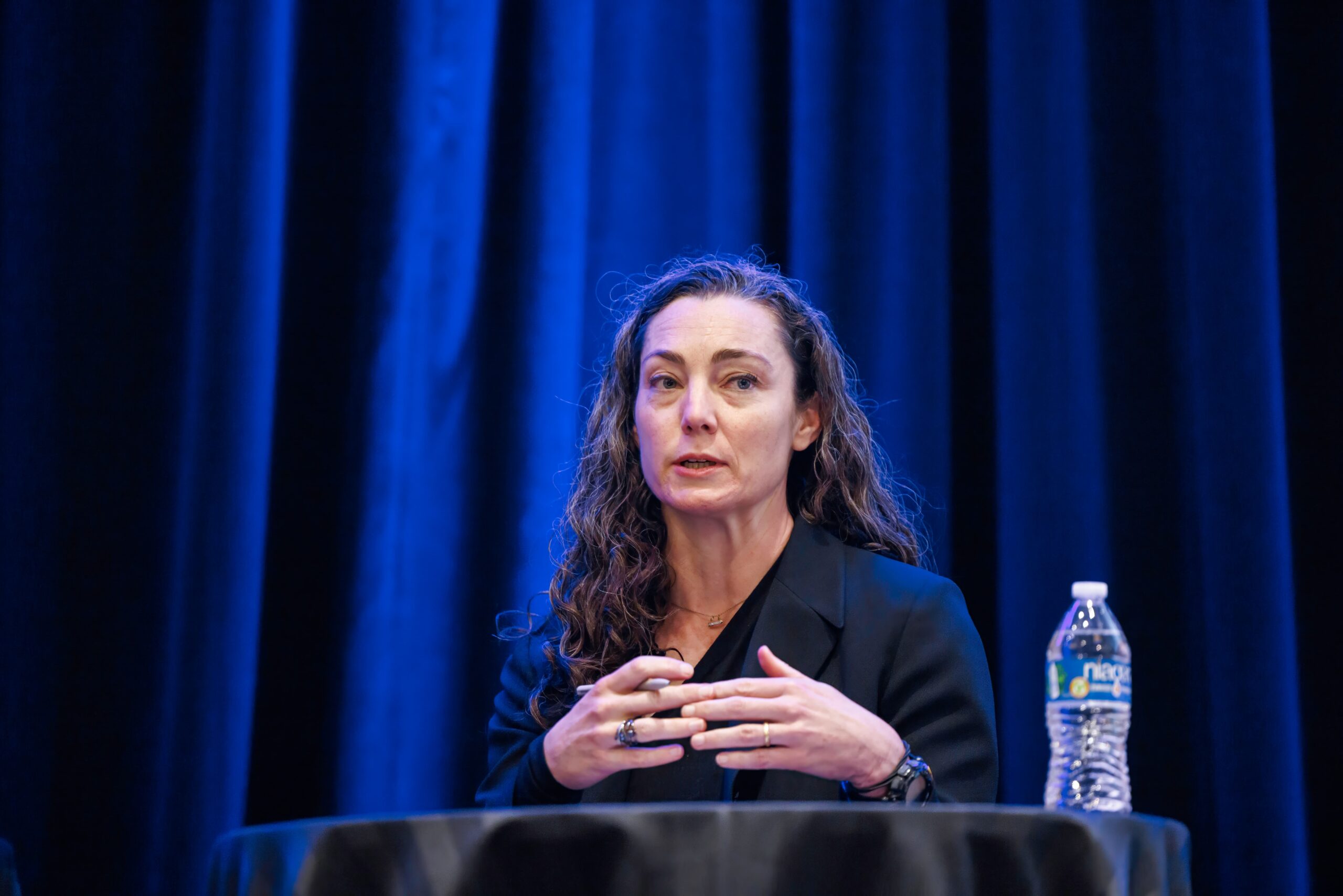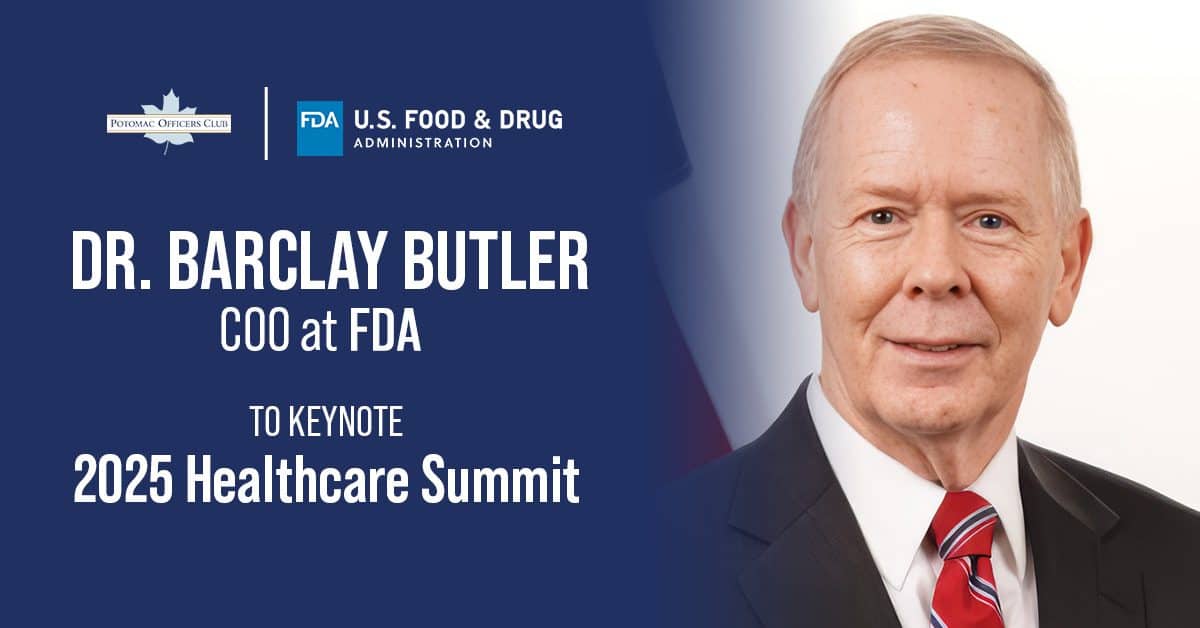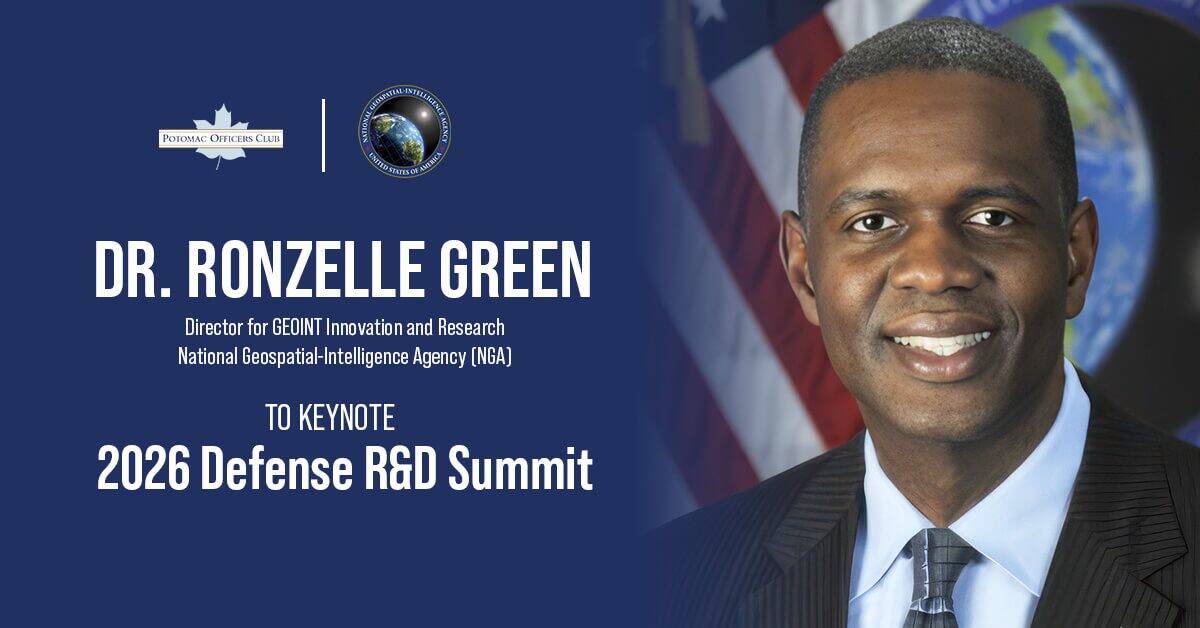
Tips for Handling DOGE & Acquisition Changes as a GovCon
During the first 100 days of the second Trump presidency, there were four executive orders related to government contracting, “which may be a record,” according to Emily Murphy, a senior fellow at George Mason University’s GovCon center.
“Each of them has their own particular opportunities and challenges associated with them,” Murphy stated during a panel she moderated at the Potomac Officers Club’s 2025 Digital Transformation Summit on April 24. The dynamic discussion looked at how GovCons are being affected by the Department of Government Efficiency and the new administration broadly.
Participants provided some enlightening insights into how contractors large and small alike should be tackling the wave of reforms.
POC events consistently offer invaluable advice and direction for organizations looking to win their next big contract or forge new partnerships. Don’t miss our next big GovCon conference: the 2025 Cyber Summit, scheduled for May 15 at the Falls Church Marriott Fairview Park. Secure your seat before it’s too late!

GSA’s Increased Prominence
The first GovCon-focused EO was issued on March 20 and is entitled “Eliminating Waste and Saving Taxpayer Dollars by Consolidating Procurement.” It dually aims to give the General Services Administration expanded power in the federal government acquisition of “common goods and services” as well as deems the GSA administrator (a role Murphy held in the first Trump administration) “the executive agent for all Government-wide acquisition contracts for information technology.”
One of the panelists, Roger Waldron, president of the Coalition for Common Sense in Government Procurement and a former GSA official, said that industry members ought to “pay attention to the role that GSA is going to play and which contract vehicles are likely to be ascended within governmentwide contracting, particularly the GSA Schedules program.”
Waldron said that he and his colleagues have come to call this new era “the new federal market.”
Commercial-off-the-Shelf or Bespoke?
Emily Harding, a vice president and director at the Center for Strategic and International Studies, has a history working in the U.S. intelligence community and said that in making sense of the new reforms, one has to take into account two competing worldviews: yes, there is a desire for more government efficiency but at the same time, every agency thinks they’re special and has their own unique needs that demand bespoke services.
Sometimes, in the IC especially, such bespoke treatment is necessary because equipping special agents going into the field with secure tech built for purpose is preferable, Harding admitted. (“You want a thing that’s going to fit in exactly the environment in which he’s operating.”) But most of the time, commercial-off-the-shelf, or COTS, services purchased via GSA or a commercial partner work just fine, she said.
“One thing that I’ll be really watching closely is this trend line to consolidate and rationalize government procurement to see if that creates more distance between the operator and the end contract, or if they find a way to streamline that so that there’s less disconnect between what the person on the ground needs and what ends up in the final contract than there is now,” Harding noted.
“As a government employee, when I was buying things from me and my team, I would ask for something and then what I would get on the flipside was not at all what I asked for, because there were 115 different layers to get the actual purchase. And that needs to end,” she asserted.

DOGE Predictions and Strategies Going Forward
Aaron Roth, principal and head of federal strategy at the Chertoff Group, said that right now, the temperature and priorities of the government have swung toward efficiency but that inevitably, they will have to shift back toward a mission focus. The government has a job to do, Roth suggested, and a duty to its citizens to carry out and that has to be done even while cuts are being made.
Roth also wagered that if standardizing everything under GSA means more consistency and stability, then that’s ultimately a net positive.
Harding recommended those who are worried about DOGE cuts and market instability meet with members of Congress to hash things out. “You can get a lot done,” Harding said, but suggested working with congressional staffers rather than House or Senate members themselves, who typically don’t have the leeway or time to roll up their sleeves and actually make the changes contractors might be looking for.
Reasoning that it’s likely traditional contractors who are worrying about DOGE and the EOs, Harding indicated that legacy executives at such firms turn to the younger and more fresh-faced members of their company to get a sense of what it is they feel needs changing about the contracting process. Perhaps then they could tap into how to make these turbulent times and changes more beneficial and productive.
For more panel sessions like these, check out POC’s slate of upcoming GovCon events. Next on the docket is the 2025 Cyber Summit, which will feature panel sessions on the intersection of AI and cybersecurity, compliance in the quantum era and implementing zero trust, among other topics. Register today!

Category: Articles





